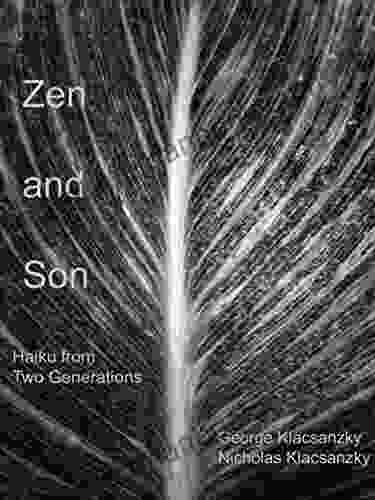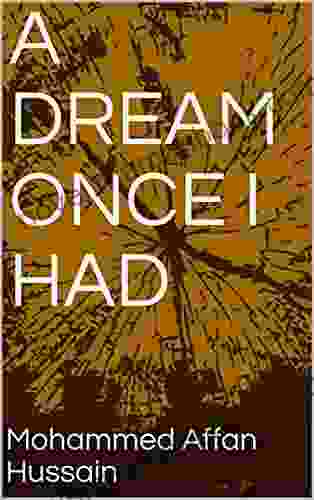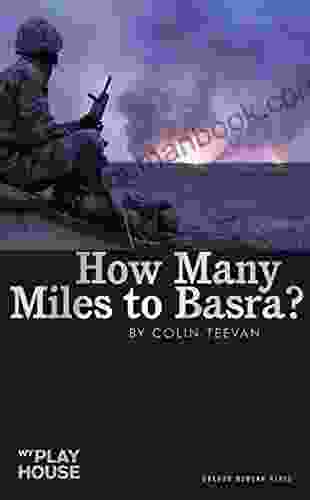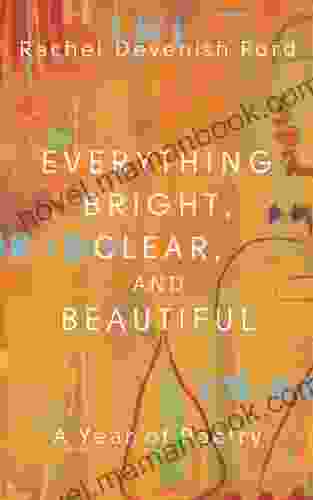Zen and Son Haiku from Two Generations: Exploring the Literary Legacy of Masters and Their Disciples

In the realm of Japanese poetry, haiku holds a cherished place. This concise, yet profound form has captivated readers for centuries with its evocative imagery and philosophical depth. Zen Buddhism, with its emphasis on mindfulness and the interconnectedness of all things, has been a profound influence on haiku. This article delves into the captivating world of Zen and son haiku, exploring the literary legacy of renowned masters and their disciples across generations.
Haiku: A Poetic Canvas of Zen
Haiku, a traditional Japanese poetic form, adheres to a strict 5-7-5 syllable count. However, within this brevity, they encapsulate a world of observation, emotion, and philosophical insight. Zen Buddhism, with its focus on the present moment and the transient nature of existence, has greatly influenced the development of haiku.
5 out of 5
| Language | : | English |
| File size | : | 1154 KB |
| Text-to-Speech | : | Enabled |
| Screen Reader | : | Supported |
| Enhanced typesetting | : | Enabled |
| Print length | : | 82 pages |
| Lending | : | Enabled |
Zen masters often used haiku as a tool for teaching their students. These poems would capture fleeting moments of beauty, impermanence, and the interconnectedness of all things. By contemplating these haiku, students could gain a deeper understanding of Zen principles and cultivate a more mindful perspective.
Masters of Zen Haiku: Basho and Issa
Over time, several haiku masters emerged, each leaving an indelible mark on the genre. Matsuo Basho (1644-1694),considered the greatest haiku master, composed countless poems that captured the essence of Zen. His haiku are known for their simplicity, vivid imagery, and profound insights into the human condition.
Kobayashi Issa (1763-1828) was another influential Zen haiku master. Known for his compassionate and humorous poems, Issa wrote extensively about the joys and sorrows of everyday life. His haiku often explored themes of nature, loss, and the search for meaning in a transient world.
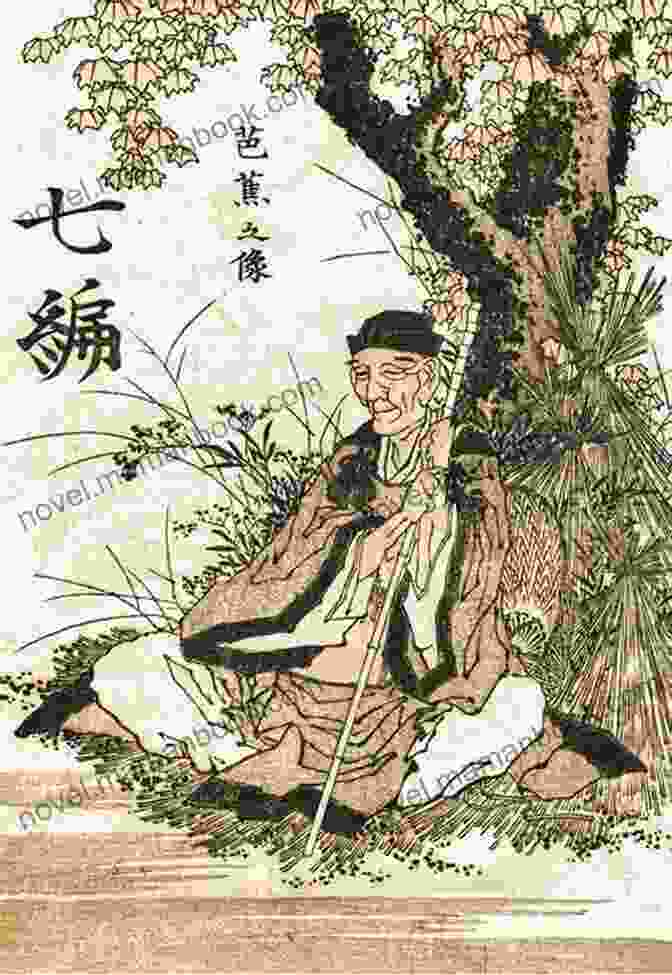
Disciples of Zen Haiku: Carrying the Torch
The legacy of Zen haiku has been carried forward by generations of disciples who have been inspired by the teachings and poetic style of the masters. These disciples, known as son, have continued to create haiku that reflect the Zen spirit, exploring themes of nature, impermanence, and the search for enlightenment.
One notable son is Yosa Buson (1716-1784),who studied under Basho. Buson's haiku are distinguished by their rich imagery, particularly their vibrant depictions of the natural world. Another significant disciple is Masaoka Shiki (1867-1902),who revolutionized haiku by introducing modern language and themes.
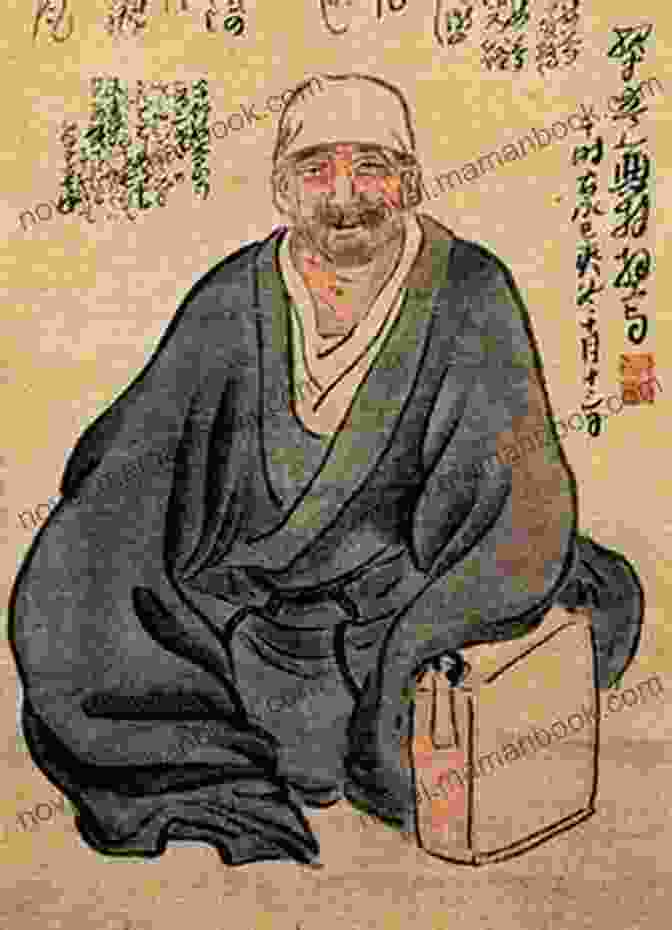
Exploring Zen and Son Haiku:
- **Nature and Impermanence:** Zen haiku often focus on the beauty and transience of the natural world, reflecting the Buddhist concept of the impermanence of all things.
- **Simplicity and Purity:** Haiku strive for simplicity and purity of expression, using concise language to convey a profound message.
- **Momentary Enlightenment:** Haiku can capture fleeting moments of enlightenment or realization, providing a glimpse into the nature of reality.
- **Compassion and Humor:** Some son haiku poets, like Issa, inject a touch of compassion and humor into their verses, exploring the joys and sorrows of life.
Examples of Zen and Son Haiku
To fully appreciate the beauty and depth of Zen and son haiku, let us explore a few examples:
- **By Matsuo Basho:**
An old silent pond...
A frog jumps into the pond,
Splash! Silence again. - **By Kobayashi Issa:**
A world of dew,
And within every dewdrop
A world of struggle. - **By Yosa Buson:**
On a withered branch,
A crow has settled,
Autumn evening. - **By Masaoka Shiki:**
A mosquito's whine,
Penetrates the stillness of night,
Summer's dreary sound.
: A Timeless Legacy
Zen and son haiku have left an enduring mark on Japanese literature and have inspired countless poets and readers worldwide. These concise poems capture the essence of Zen Buddhism, inviting us to contemplate the beauty and impermanence of existence. Through their simplicity, vivid imagery, and philosophical depth, Zen and son haiku continue to offer profound insights and a timeless legacy for generations to come.
5 out of 5
| Language | : | English |
| File size | : | 1154 KB |
| Text-to-Speech | : | Enabled |
| Screen Reader | : | Supported |
| Enhanced typesetting | : | Enabled |
| Print length | : | 82 pages |
| Lending | : | Enabled |
Do you want to contribute by writing guest posts on this blog?
Please contact us and send us a resume of previous articles that you have written.
 Top Book
Top Book Novel
Novel Fiction
Fiction Nonfiction
Nonfiction Literature
Literature Paperback
Paperback Hardcover
Hardcover E-book
E-book Audiobook
Audiobook Bestseller
Bestseller Classic
Classic Mystery
Mystery Thriller
Thriller Romance
Romance Fantasy
Fantasy Science Fiction
Science Fiction Biography
Biography Memoir
Memoir Autobiography
Autobiography Poetry
Poetry Drama
Drama Historical Fiction
Historical Fiction Self-help
Self-help Young Adult
Young Adult Childrens Books
Childrens Books Graphic Novel
Graphic Novel Anthology
Anthology Series
Series Encyclopedia
Encyclopedia Reference
Reference Guidebook
Guidebook Textbook
Textbook Workbook
Workbook Journal
Journal Diary
Diary Manuscript
Manuscript Folio
Folio Pulp Fiction
Pulp Fiction Short Stories
Short Stories Fairy Tales
Fairy Tales Fables
Fables Mythology
Mythology Philosophy
Philosophy Religion
Religion Spirituality
Spirituality Essays
Essays Critique
Critique Commentary
Commentary Glossary
Glossary Bibliography
Bibliography Index
Index Table of Contents
Table of Contents Preface
Preface Introduction
Introduction Foreword
Foreword Afterword
Afterword Appendices
Appendices Annotations
Annotations Footnotes
Footnotes Epilogue
Epilogue Prologue
Prologue Robert Burns
Robert Burns Desmond Evan Johnson
Desmond Evan Johnson Pradeep Maurya
Pradeep Maurya Craftdrawer Craft Patterns
Craftdrawer Craft Patterns Laurence Holder
Laurence Holder Chase Hassen
Chase Hassen Donald J Mastronarde
Donald J Mastronarde Craig Petronella
Craig Petronella J Michael Straczynski
J Michael Straczynski Wayne Au
Wayne Au Christine Adamec
Christine Adamec Tarin Lex
Tarin Lex Mark Berends
Mark Berends Handugs Smithson
Handugs Smithson Robyn Sarah
Robyn Sarah Sofia T Summers
Sofia T Summers Russel Tarr
Russel Tarr Sam Vaknin
Sam Vaknin Sl Huang
Sl Huang Terry Lynn Karl
Terry Lynn Karl
Light bulbAdvertise smarter! Our strategic ad space ensures maximum exposure. Reserve your spot today!

 Angelo WardA Comprehensive Guide to the Enchanting Repertoire of Children's Suites for...
Angelo WardA Comprehensive Guide to the Enchanting Repertoire of Children's Suites for... Chase MorrisFollow ·3.3k
Chase MorrisFollow ·3.3k Wayne CarterFollow ·2.2k
Wayne CarterFollow ·2.2k Amir SimmonsFollow ·2.4k
Amir SimmonsFollow ·2.4k Eric NelsonFollow ·16.1k
Eric NelsonFollow ·16.1k Ignacio HayesFollow ·18.4k
Ignacio HayesFollow ·18.4k Bruce SnyderFollow ·12.8k
Bruce SnyderFollow ·12.8k Jake PowellFollow ·6.9k
Jake PowellFollow ·6.9k John MiltonFollow ·15.4k
John MiltonFollow ·15.4k

 Preston Simmons
Preston SimmonsThe Ultimate Manual for Men: A Guide to Living a...
Being a man in today's world can be...
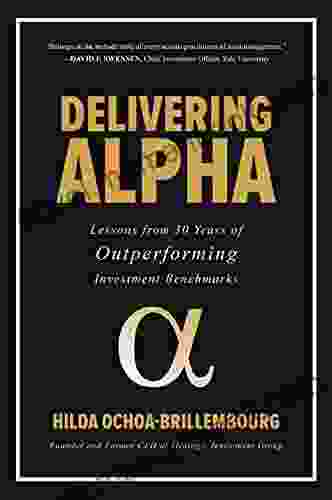
 José Martí
José MartíLessons From 30 Years of Outperforming Investment...
The stock market is a complex and...
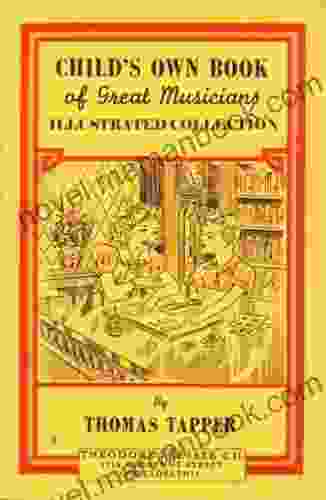
 Leo Mitchell
Leo MitchellChildren of Great Musicians: An Illustrated Collection
Music has the power to move us,...

 Jackson Hayes
Jackson HayesGet Room Quirky Lustful Poetry
Poetry is a form of...

 Rex Hayes
Rex HayesComprehensive Guide For Advisers Practitioners And...
The Heilbrunn Center is a mental health...
5 out of 5
| Language | : | English |
| File size | : | 1154 KB |
| Text-to-Speech | : | Enabled |
| Screen Reader | : | Supported |
| Enhanced typesetting | : | Enabled |
| Print length | : | 82 pages |
| Lending | : | Enabled |


